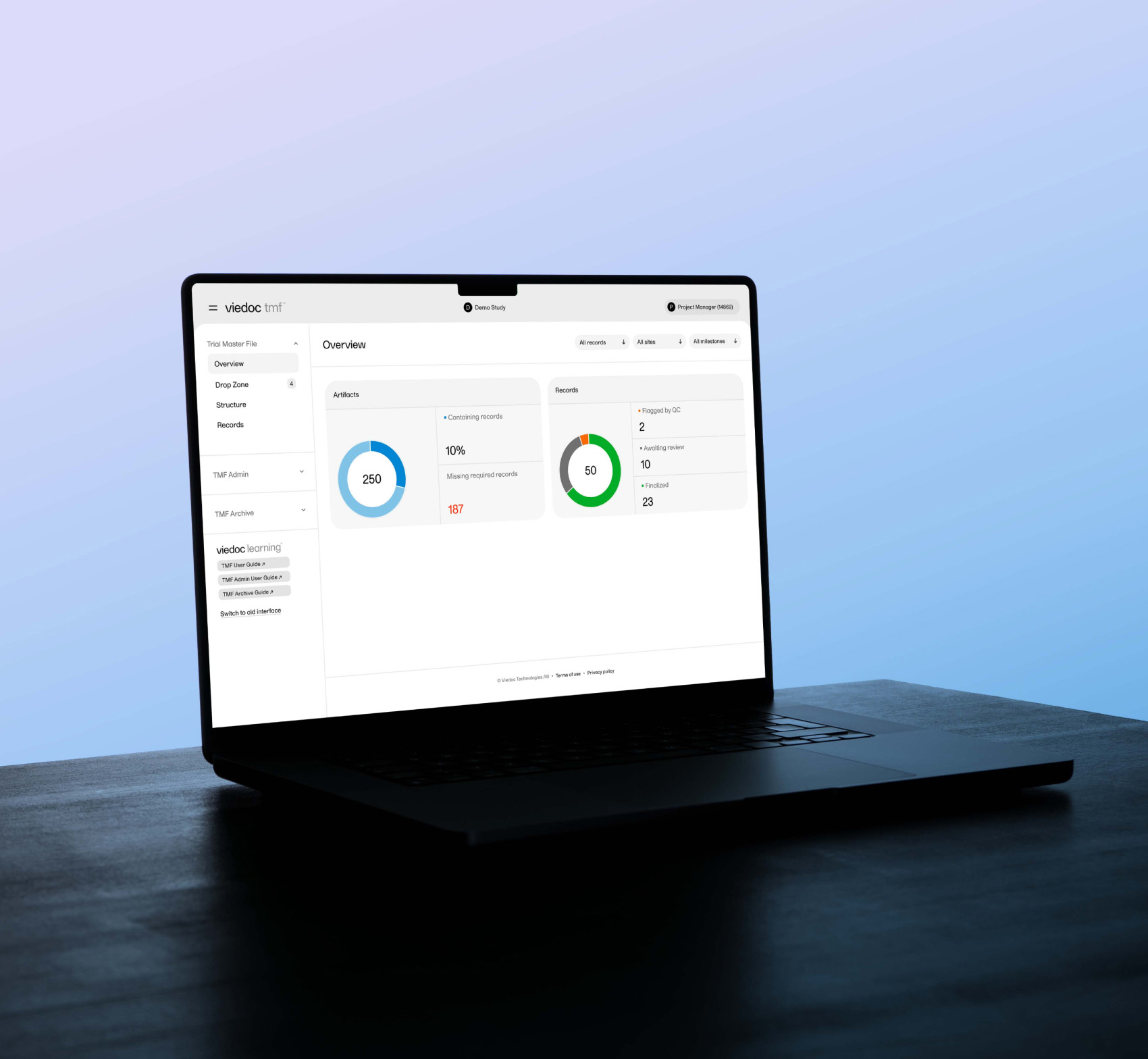Effective clinical data management is critical within life sciences, but it can be challenging. The collection of research data from clinical trials must adhere to strict regulatory standards, the data itself must be of the highest quality, and the process involves the coordination of multiple stakeholders, including CROs, investigators, sites, and sponsors.
This is the first in a series of articles exploring how to navigate some of the key challenges faced by clinical data professionals and how Viedoc can help.

Why is data extraction important?
Data extraction is the process of extracting relevant information from clinical studies that has been collected and organized in such a way as to help draw meaningful conclusions.
Being able to easily access and extract accurate, reliable data in life sciences is crucial for a number of reasons:
-
Drug discovery and development
Pharma companies leverage clinical data to identify potential drug targets, assess drug safety and efficacy, and optimize clinical trial design. -
Disease understanding and epidemiology
Curated clinical data provide insights into disease prevalence, progression, and risk factors, enabling a better understanding of disease mechanisms and epidemiological trends. -
Regulatory compliance
Regulatory agencies like the FDA (Food and Drug Administration) and EMA (European Medicines Agency) demand thorough clinical data to assess new drugs and devices for approval and post-market monitoring. -
Patient-centric care
By analyzing curated clinical data, healthcare providers can tailor treatment plans and interventions to individual patient needs, improving clinical outcomes and patient satisfaction. -
Evidence-based decision making
Healthcare providers, researchers, and policymakers rely on robust clinical data to make informed decisions regarding patient care, treatment strategies, and healthcare policies.

The data extraction challenge
Dealing with the ever-increasing quantities of data involved in a clinical trial can be daunting for clinical data managers (CDMs). Their data extraction efforts are inevitably hindered by the huge demand it places on resources, and they face many challenges, including:
1. Integration challenges
The diverse formats and structures of clinical data pose integration challenges. Differences in coding systems, terminology, and standards across healthcare systems worsen this issue.
2. Data quality
Accurate, complete, and consistent clinical data is crucial for reliable insights, but this can be compromised by missing data, entry errors, and inconsistent documentation.
3. Privacy and security concerns
The sensitive nature of clinical data must be protected while also ensuring compliance with GDPR and other regulations.
So, what’s the answer?
An EDC (electronic data capture) software collects, manages, stores, and secures clinical data from multiple sources in one place. So whether it’s an electronic case report form (eCRF), a clinical outcomes assessment (eCOA), or a patient-reported outcomes (ePRO), the data will be ready to be accessed in the EDC software, as and when needed.
Data syncs across all Viedoc applications are performed automatically, so any data recorded in Viedoc Me is accessible to the CDM reviewing the data for each site in Viedoc Clinic and Viedoc Reports on a daily basis. This means no more time consuming manual import and export are needed, and it’s also much more cost effective and efficient for sites.




